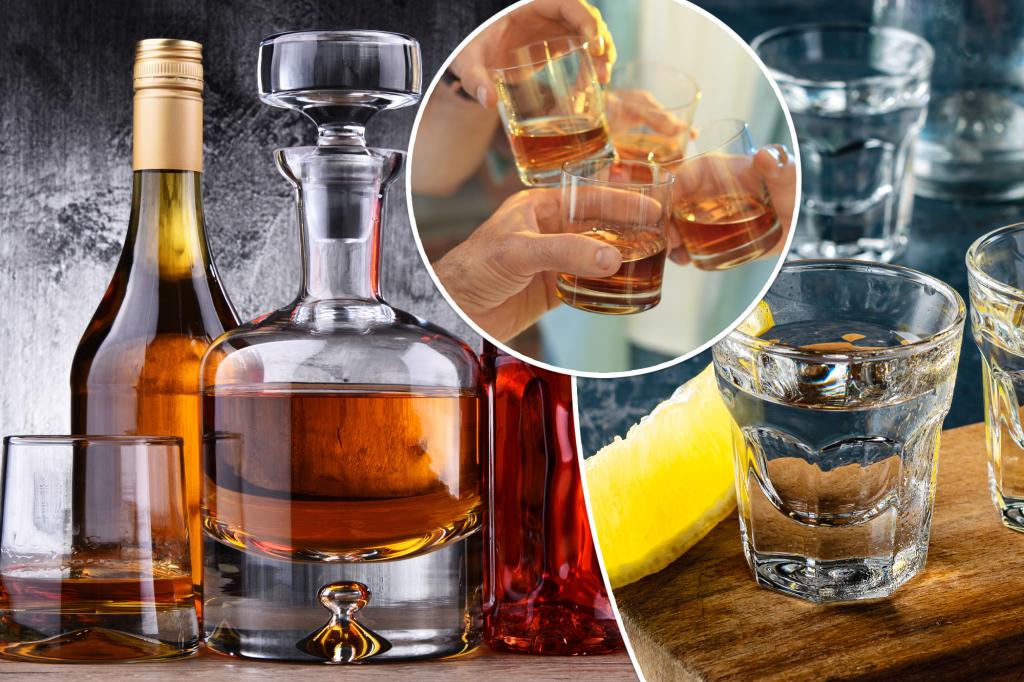It is common for liquor collectors to have a bottle in their collection that goes untouched due to concerns about the alcohol going bad. While wine and beer should be consumed shortly after opening, distilled spirits are made to last as they are often more than 40% alcohol by volume. However, alcohol can indeed go bad as aromas and flavors can deteriorate over time, but there are ways to ensure your alcohol lasts longer and to know when to throw it out.
One tip is to buy smaller bottles and purchase liquor on a more regular basis. This allows consumers to finish the product before it begins to change in flavor and aroma. Buying small bottles also allows for trying new liquors each time you purchase. Vodka is known to last a long time without expiring or oxidizing, but storing it in the refrigerator can enhance the drinking experience by preventing flavors and aromas from becoming muted.
Whiskey, bourbon, and scotch may experience a slight change in flavor if kept sealed for too long, but the main issue arises from improper sealing, which can lead to visual cloudiness and evaporation of alcohol. It is recommended to consume opened whiskey bottles within a year or two to maintain the flavors and aromas. Tequila and mezcal have a low risk of oxidation if properly sealed and stored away from direct sunlight, while gin should be stored at room temperature to avoid evaporation and harsh taste.
White, unaged rums will last longer if well-sealed and stored in a cool, dark place, while aged rums may darken over time, mainly as a cosmetic change. Aged rums typically start to lose flavor after about six months, whereas unaged rums are best consumed within a year or two of opening. Liqueurs, amaros, and vermouths are typically fortified or sweetened, leading to more rapid oxidation. Coffee liqueurs can be stored at room temperature with a long shelf life due to their high sugar and alcohol content.
Overall, it is important to store liquors in the correct conditions to ensure they last longer and maintain their flavors and aromas. Different types of alcohol have varying expiration dates once opened, with some lasting longer than others. Proper sealing, storing away from direct sunlight, and consuming within recommended time frames are key factors in extending the shelf life of alcohol. By following these guidelines, liquor collectors can enjoy their collections without worrying about their beverages going bad.















